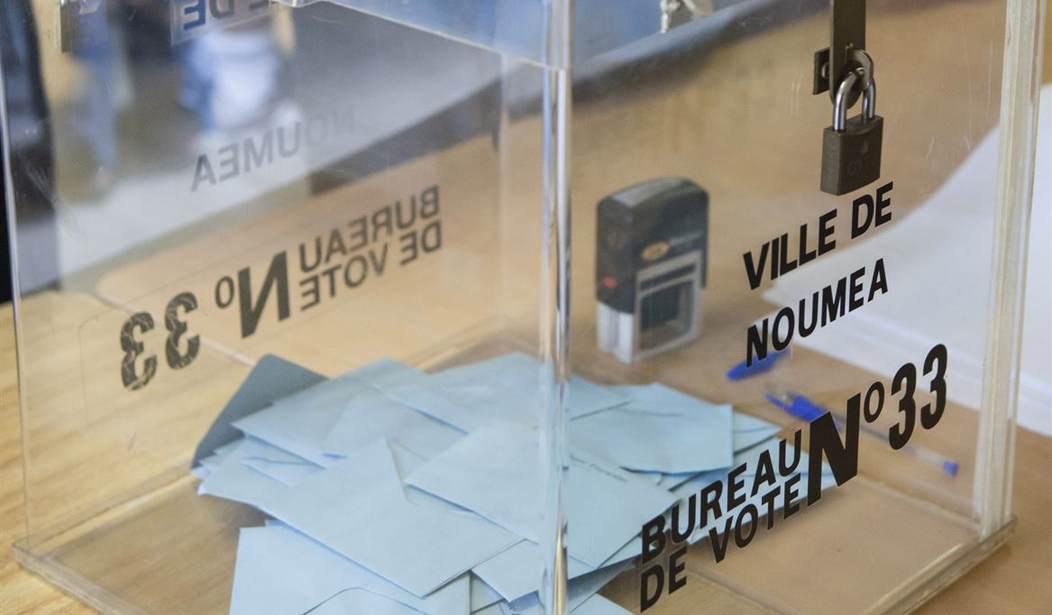It will likely be weeks until we know the results of some of the races that were held on Election Day. They have to count all the absentee ballots, all the mail-in ballots, all the spoiled ballots, and all the provisional ballots. And then there are likely to be challenges and counter-challenges to the results.
Don’t you wish there was a better way?
There are about 50 million eligible voters in France. There is no mail-in voting. There are no absentee ballots, although there is proxy voting where one French voter can vote for one other voter. All other voting is done in person.
There are paper ballots that are counted the minute the polls are closed. That’s right; paper. A great, big, grown-up country like France uses paper ballots to conduct elections. Why? Concerns about fraud.
Mail-in voting was banned in 1975 amid fears of potential fraud.
Machine-voting was allowed as an experiment starting in 2002, but the purchase of new machines has been frozen since 2008 due to security concerns. Only a few dozen towns still use them.
Last year, Macron’s centrist government tried to pass an amendment to allow early voting by machine to encourage electoral participation amid the COVID-19 pandemic. The Senate, led by a conservative majority, rejected the measure, arguing it was announced with too little notice and was not solid enough legally.
What does France know that we don’t?
For the left, France is the Gold Standard for democracy. For good reason. Voting is simple.
Voters make their choices in a booth, with the curtains closed, then place their ballot in an envelope that is then put into a transparent ballot box. They must show photo identification and sign a document, next to their name, to complete the process.
Volunteers count the ballots one by one. Officials will then use state-run software to register and report results.
But legally only the paper counts. If a result is challenged, the paper ballots are recounted manually.
How many ways to “suppress the vote” do you see there?
According to Poynter.com, “The results were announced in each polling station, usually one or two hours after the closing time, and transmitted to the Ministry of Interior, which published the results in real-time.”
And it’s done. No long, drawn-out drama. No chance to screw with the machine totals. It’s a blessedly short wait that makes cheating darn near impossible.
But it reduces the importance of election officials. And perhaps the fact that it makes it harder to cheat is the reason we don’t use the system here in the U.S.
Thankfully, we are moving toward some form of paper ballots although, with mail-in voting, early voting, and absentee balloting, we have a long way to go before we achieve the simplicity of the French system.










Join the conversation as a VIP Member